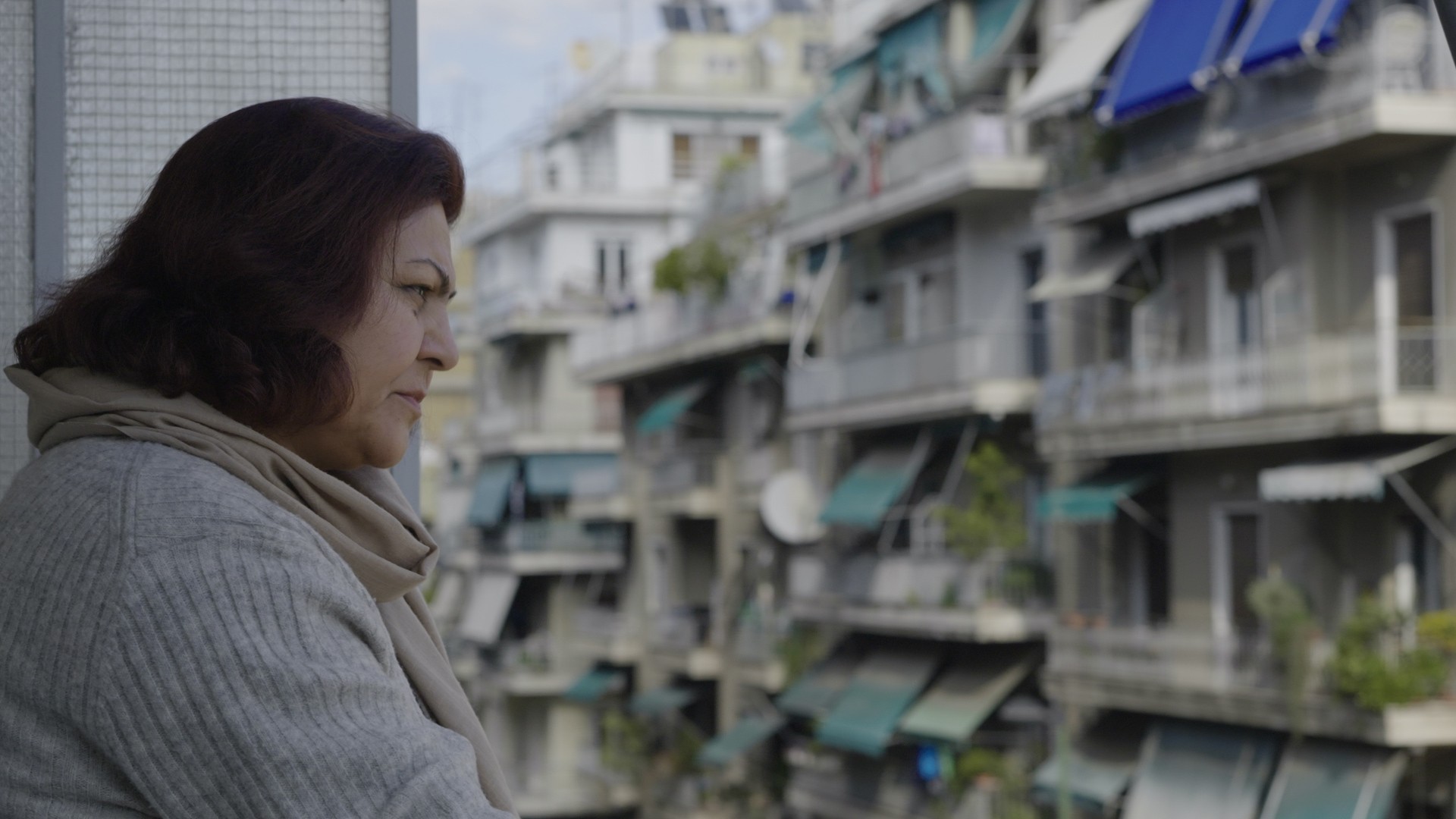Abdul Salam Hanafi photographed in 2021. PHOTO: ALEXANDER ZEMLIANICHENKO/POOL/AFP via Getty Images
The Taliban has claimed women are not being excluded from a grand assembly made up of 3,500 male religious scholars and tribal and regional leaders, as they are being represented by their sons. The meeting to debate the future of the country is intended to legitimise the ruling Islamists and project a sense of unity for nearly one year after the group ousted the elected government and swept to power. Abdul Salam Hanafi, Deputy Prime Minister of the Taliban's transitional government claimed that women were not being overlooked at the event in Kabul, saying, “The women are our mothers, sisters. We respect them a lot. When their sons are in the gathering, it means they are also involved, in a way, in the gathering.”After heavy criticism for the ban on women, Taliban spokesman Zabihullah Mujahid claimed that the decision was not one made by the Islamists, but was at the request of Islamic scholars present. A gun battle that erupted near the venue of the meeting was reported on Thursday afternoon, with three gunmen killed. Mujahid said that the situation was under control and the Taliban security forces had only shot at suspects. He did not say who instigated the violence or why.  Only state media has been allowed to attend the event, with all independent outlets banned. The meeting will likely last for three days.The Taliban government has still not been recognised by other countries, which have expressed concerns over Afghanistan’s deteriorating human rights record and the oppression of women and minority groups. The group has blocked girls from attending high school, enforced a strict “modest” dress code for women, and limited their movements. The group has defended its laws and said its directives are per Islamic law and Afghan tradition. “We are very, very disturbed about…What we see as a consistent negative trajectory on the situation of women's rights and human rights in Afghanistan,” said Rina Amiri, the US’ Special Envoy for Afghan Women, Girls, and Human Rights in a special briefing last week.“We're also very concerned about the increasing attacks against religious and ethnic minorities, particularly the Hazaras and the Sikhs and Hindus.”
Only state media has been allowed to attend the event, with all independent outlets banned. The meeting will likely last for three days.The Taliban government has still not been recognised by other countries, which have expressed concerns over Afghanistan’s deteriorating human rights record and the oppression of women and minority groups. The group has blocked girls from attending high school, enforced a strict “modest” dress code for women, and limited their movements. The group has defended its laws and said its directives are per Islamic law and Afghan tradition. “We are very, very disturbed about…What we see as a consistent negative trajectory on the situation of women's rights and human rights in Afghanistan,” said Rina Amiri, the US’ Special Envoy for Afghan Women, Girls, and Human Rights in a special briefing last week.“We're also very concerned about the increasing attacks against religious and ethnic minorities, particularly the Hazaras and the Sikhs and Hindus.”
Advertisement
